In 2025, despite economic pressure, the French continue to invest in beauty. Makeup acts as a mirror, influencing self-perception, boosting confidence and becoming an invisible weapon in everyday life.
More than just a cosmetic gesture
Applying lipstick in a few seconds, a touch of blush or a stroke of eyeliner… simple, almost mechanical gestures. Yet behind this routine lies a powerful psychological phenomenon. Make-up is not just for beautification, it acts as a symbolic mirror.
It reflects a chosen version of oneself, an image that one decides to present to the world. And this may be why, despite economic tensions, the French continue to consider beauty a priority.
Beauty, an investment in yourself
According to Criteo’s Global Health & Beauty Pulse 2025 study, 80% of respondents say they have maintained or even increased their beauty spending over the past six months. Between April and May 2025, sales even jumped 15% compared to the previous year.
This trend reveals that beauty products go beyond simple consumer purchases: they are seen as a personal investment. Buying a moisturiser or perfume is not giving in to a passing fad, but affirming: ‘I deserve to take care of myself’.
When image influences the mind
Social psychology researchers refer to this as a ‘cognitive trigger’: putting on make-up or taking care of one’s appearance improves self-perception and directly influences behaviour. This is the mirror effect: seeing oneself in a flattering light leads to a more confident posture, more assertive body language, and often better interaction with others. In short, the image we project to the outside world feeds our inner image.
We see this in real-life situations: before a job interview, a date or an important presentation, many people take the time to put on make-up. Not just to please others, but to activate a stronger mental state within themselves.
Gentle resistance in the face of crisis
The rise in cosmetics sales during a period of budgetary restrictions may seem paradoxical. However, it reflects a social truth: beauty acts as an escape and a form of gentle resistance. When travel becomes less frequent and major purchases are postponed, skincare and make-up represent accessible pleasures.
Adding a splash of colour or a pleasant fragrance to one’s daily routine becomes a way of comforting oneself. This is not a matter of superficiality, but rather a psychological strategy: maintaining a skincare routine helps one feel grounded, even in an unstable world.
The ritual, an invisible weapon
Beyond the product itself, it is often the ritual that counts. Applying foundation, massaging cream onto your face or drawing a line with a pencil are all gestures that soothe, reassure and create a moment of connection with yourself. Some people find it a form of active meditation, a moment to regain control before facing the day’s unexpected events.
Make-up can therefore be compared to invisible armour. It doesn’t just hide, it prepares you to face the world. It becomes an extension of confidence, an intimate performance that profoundly influences the way you feel and act.
A new perception to adopt
Far from being frivolous, make-up should be considered a tool for personal development. It is not just a question of appearance, but a way of reaffirming one’s place in a demanding environment. Of course, it cannot replace internally built self-esteem, but it becomes an ally.
Ultimately, the mirror effect of make-up invites us to reflect: it is not what others see that matters most, but how we perceive ourselves after taking care of ourselves.
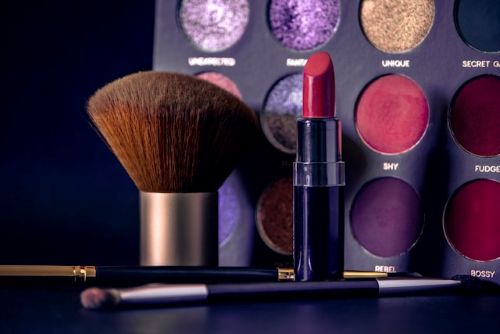
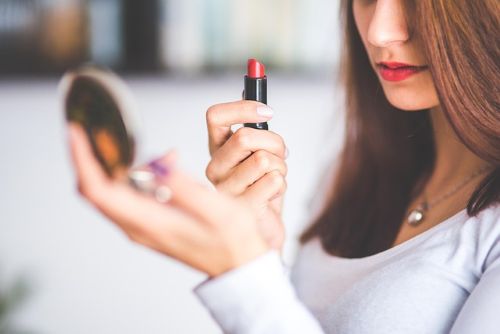












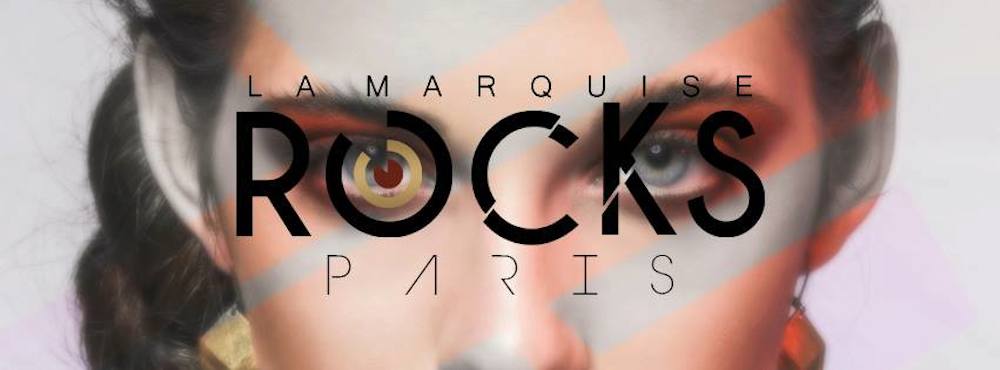
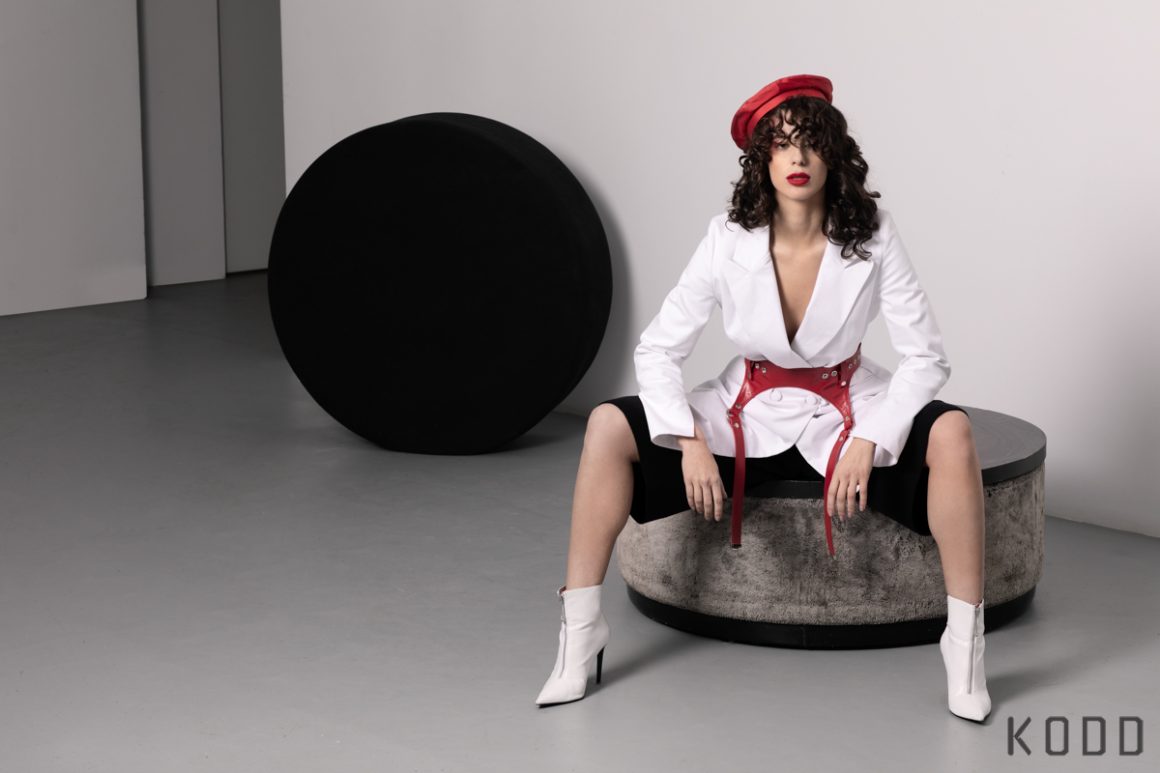
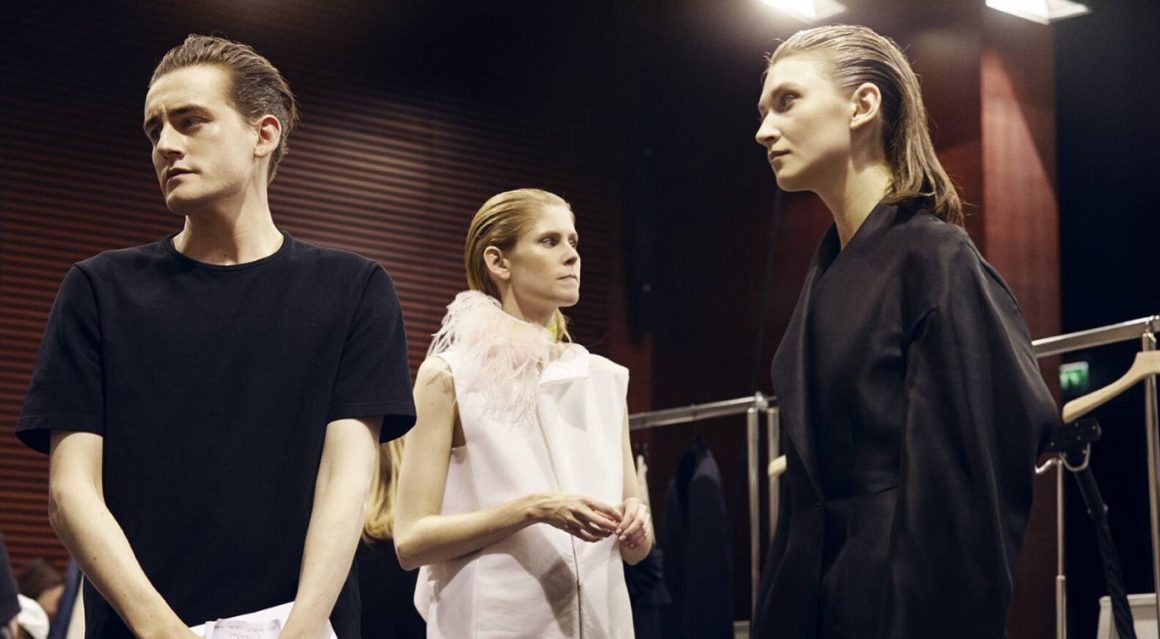
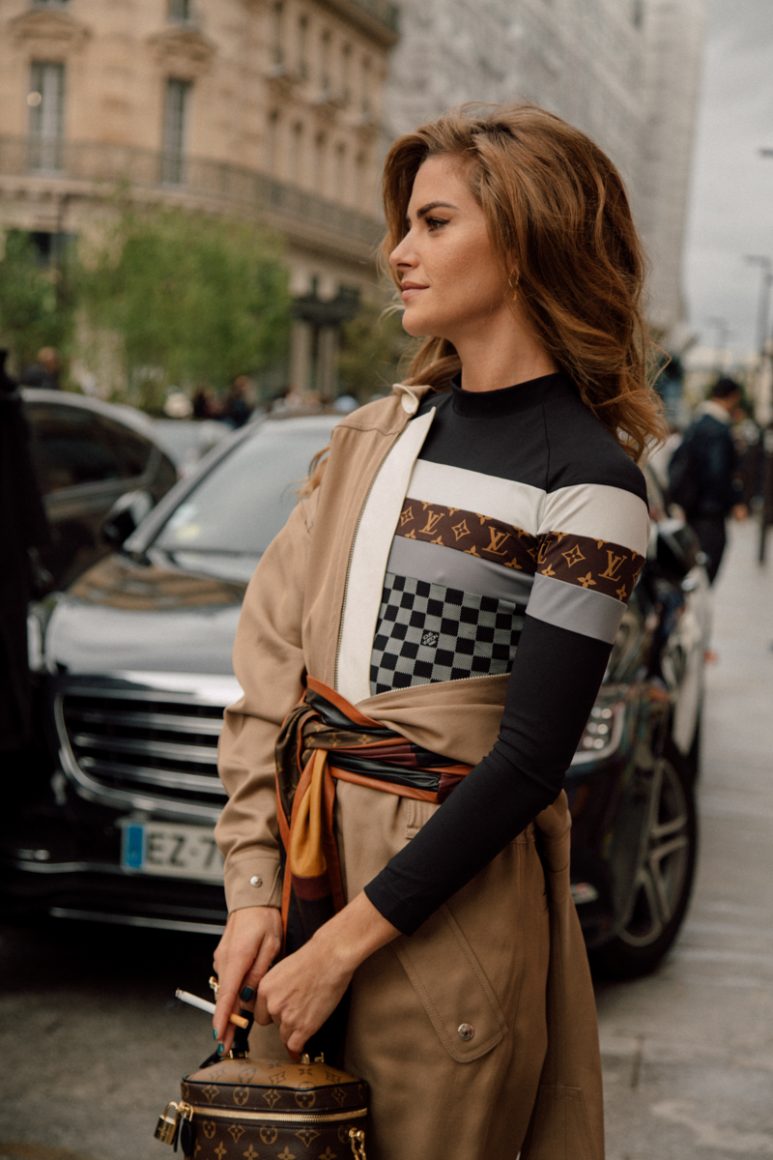
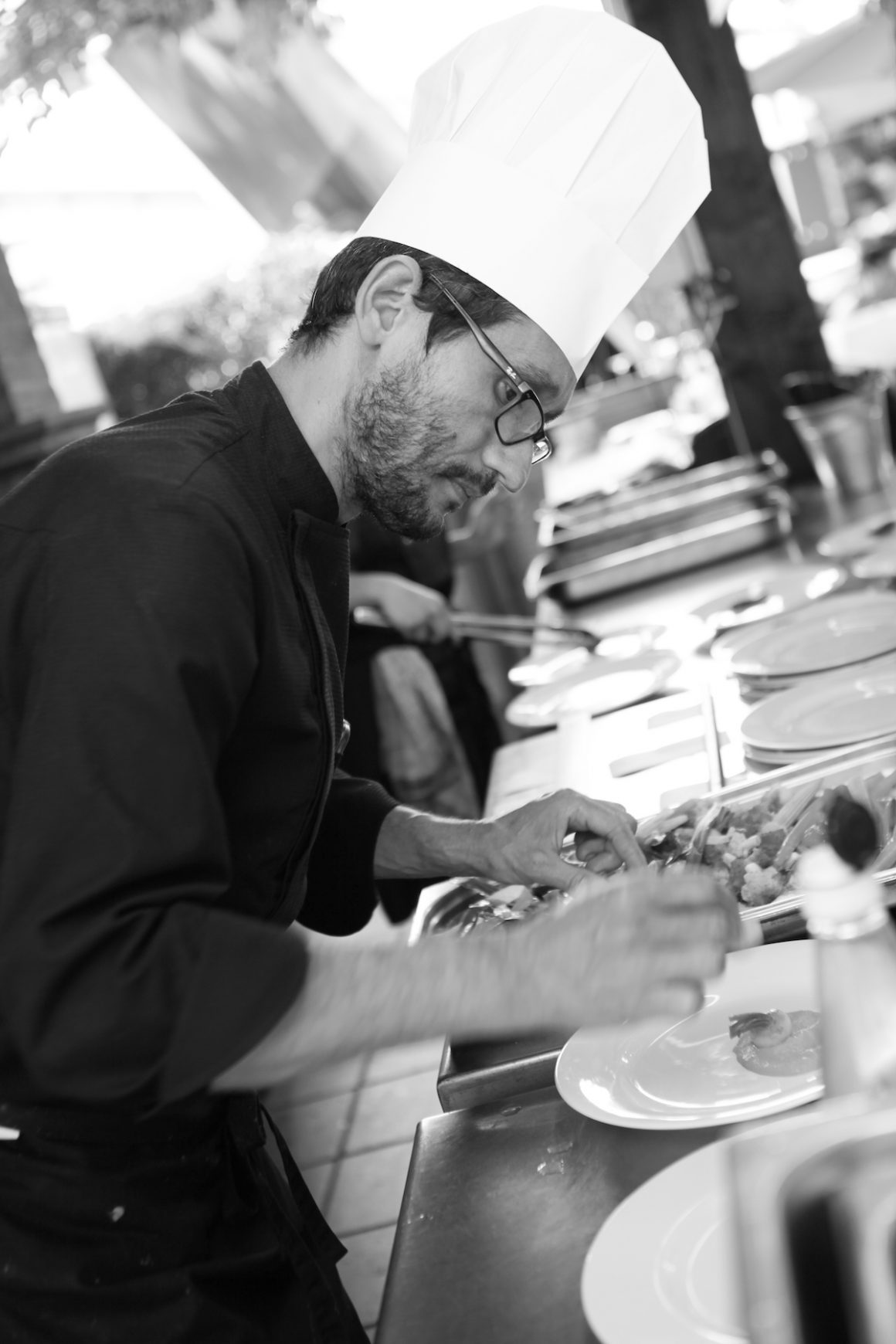
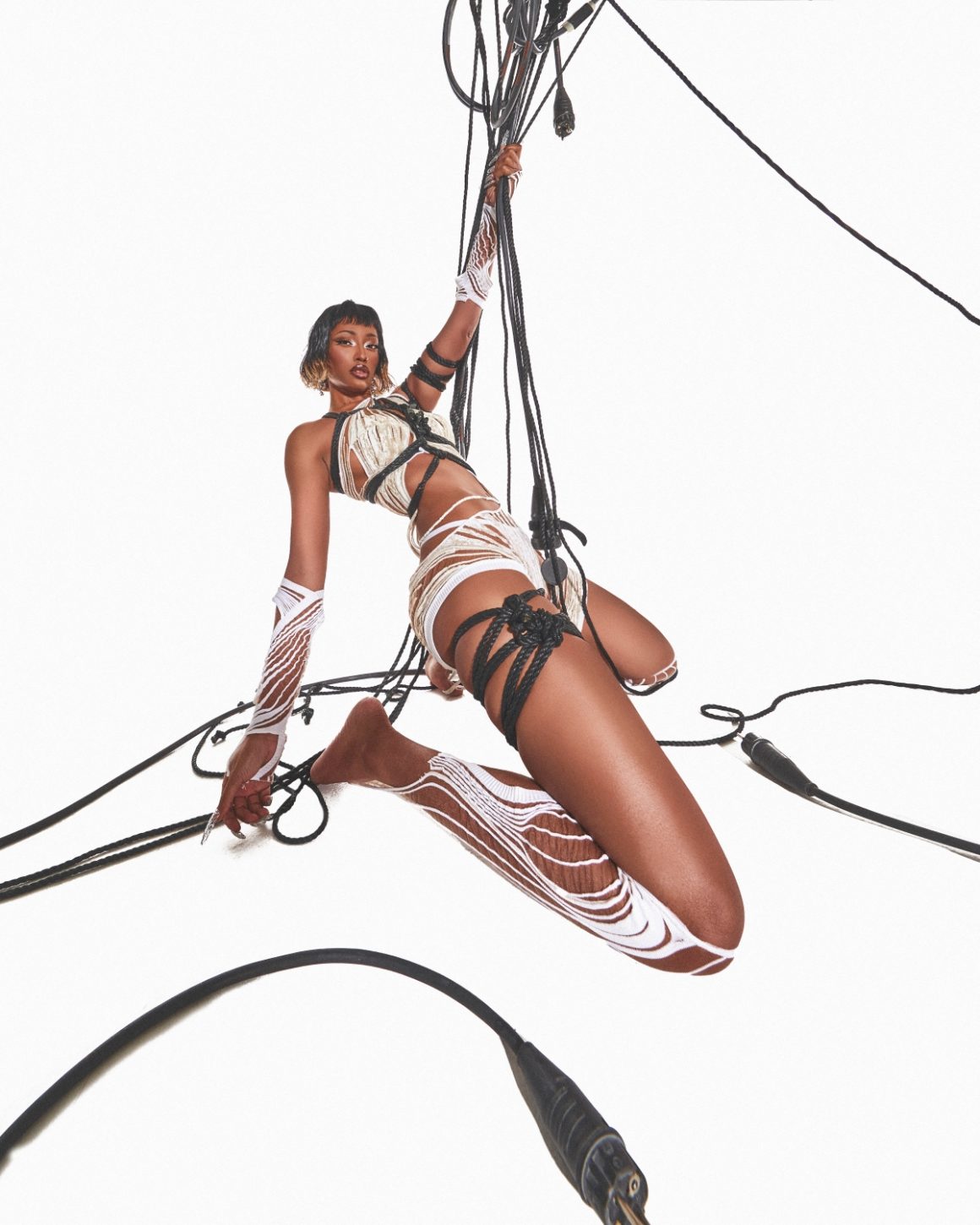

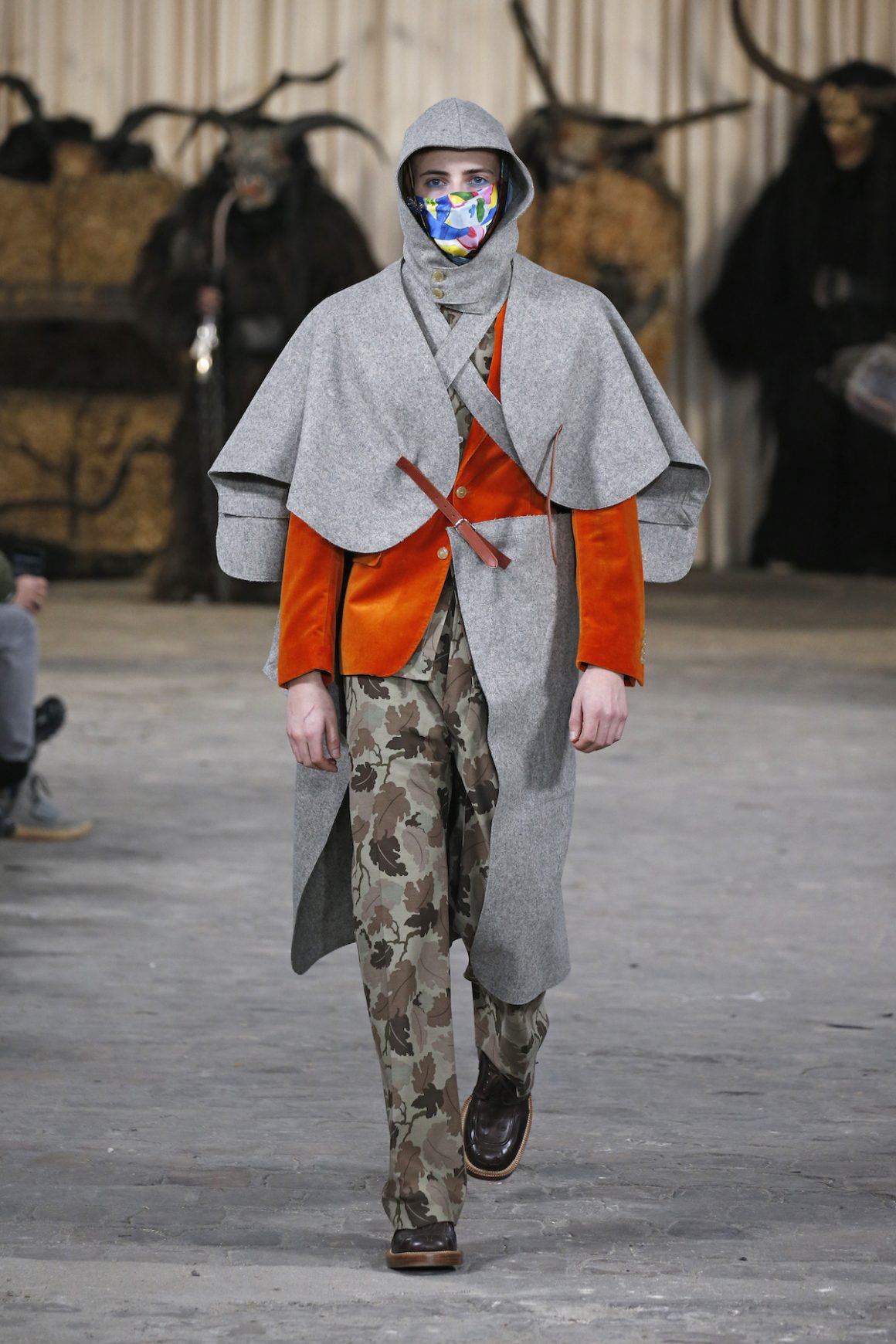

Follow us on Instagram